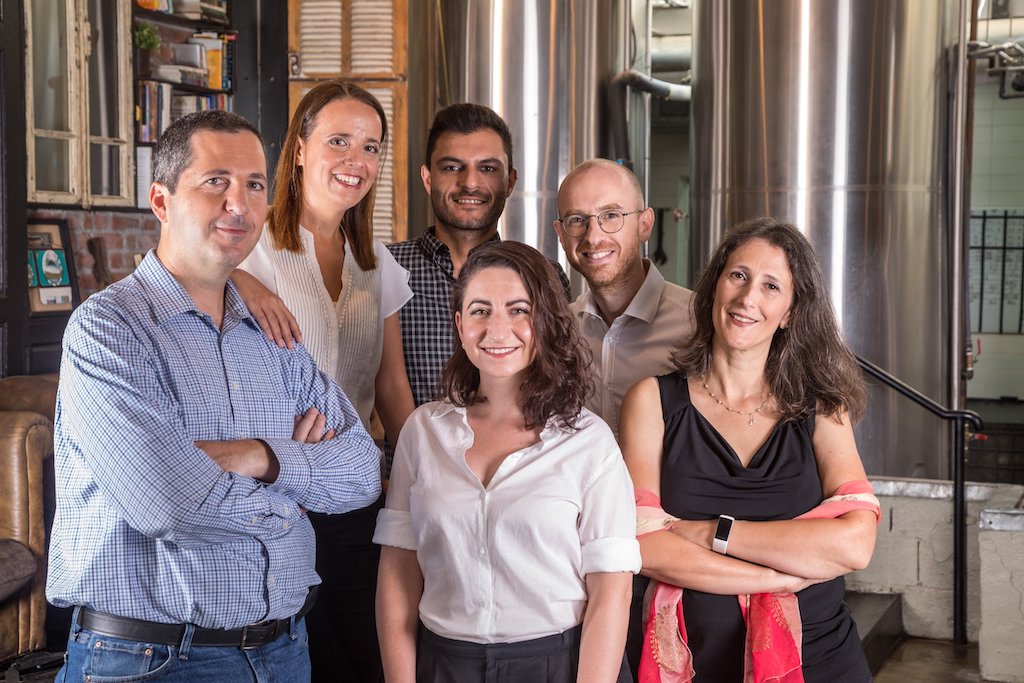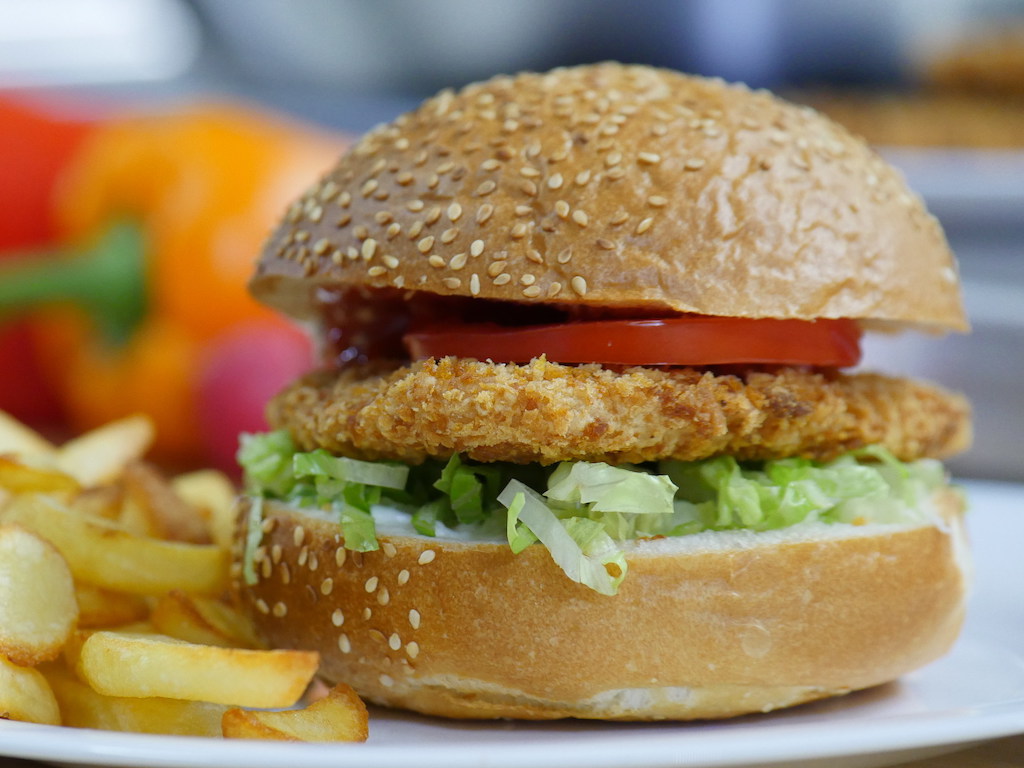4 Mins Read
Israeli food tech Future Meat Technologies has “beat market expectations” and managed to slash the production cost of its cultured chicken breast to under US$10, as well as raising an additional US$26.75 million. The funding will be used to scale up production ahead of its go-to-market plan within the next 18 months.
Rehovot-based startup Future Meat Technologies has bagged US$26.75 million in additional financing as it achieves a significant cut in manufacturing costs for its cell-based chicken breast for just US$7.50 per quarter pound serving – a major milestone in the alternative protein race to compete at price parity with conventional meat. The capital will enable the startup to scale production as well as accelerate R&D, with a view to commercialise within 18 months, said the company on Monday (February 1).
“Cost-efficient production has been a critical focus area for the cultured meat industry,” said Rom Kshuk, CEO of Future Meat Technologies. “This development is a major step forward in Future Meat Technologies’ ability to provide affordable, scalable and sustainable products that can meet the growing demand for meat.”
The non-GMO cultured chicken breast meat developed by the startup is made from a hybrid blend of cultured chicken cells and plant proteins, and provides “the same texture and distinct aroma of farm-raised chicken meat” while being far less resource-intensive than its animal counterpart.

We are proud to be within reach of cost parity with traditional agriculture without any need to resort to genetic engineering, ensuring the supply of safe, delicious food for coming generations.
Professor Yaakov Nahmias, Founder & CSO, Future Meat Technologies
Besides cultured chicken, Future Meat Technologies says it is also currently working on developing cultured lamb kebabs and beef burgers.
Green Queen can also exclusively report that Future Meat does not use fetal bovine serum (FBS) in its production. Kshuk told us in a message that “we are developing a serum-free feed media independently”, making their products entirely animal and cruelty-free.
While Future Meat Technologies did not disclose the investors in its latest financing round, it says the raise came from existing strategic partners, which currently include food giants like Tyson, ADM, the Müller Group and Rich’s Products Corporation. Venture capital firms such as S2G Ventures, ADM Capital, Emerald Technology Ventures, Manta Ray Ventures and Bits x Bites have also previously backed the startup.
Commenting on its feat to bring affordable cell-based proteins to market, founder and chief scientific officer Professor Yaakov Nahmias said: “It required massive efforts of biologists, chemists, engineers and food experts to reduce the cost of cultured meat by over 1,000-fold in just a few years.”
“We are proud to be within reach of cost parity with traditional agriculture without any need to resort to genetic engineering, ensuring the supply of safe, delicious food for coming generations,” continued Nahmias.

Future Meat Technology’s proprietary technology, developed by Nahmias and the Hebrew University of Jerusalem, uses rapid natural proliferation of connective tissue cells, grown in stainless steel fermenters, where waste products are continually removed to ensure a constant environment for the cells to flourish.
Armed with additional funds, the startup plans to begin production in its pilot plant within the first half of 2021, and is already in the process of seeking regulatory approval in “several territories”.
So far, the only startup to have been given the go-ahead from authorities is San Francisco-based Eat Just, who are selling their cultured chicken bites in Singapore, but Israel is likely to be among the key food tech innovation hubs, given the government’s strong public support for cell-based meat.
In December 2020, Israeli prime minister Benjamin Netanyahu tasted cultivated steak produced by Rehovot-based Aleph Farms, pledging support to the growing cohort of startups in the country using cellular technology innovating sustainable protein solutions. Apart from Future Meat Technologies and Aleph Farms, other players include Supermeat, who have opened a cell-based chicken test kitchen in Tel Aviv and 3D-printed cell-based meat company MeatTech.
All images courtesy of Future Meat Technologies.




